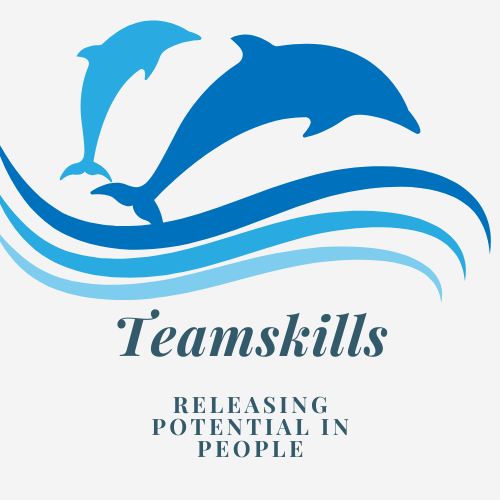A Case for Rapport
When communicating it is absolutely necessary before you do anything else to establish rapport. Rapport is the same as the foundation of a house – without it everything will collapse.
ASSUMPTIONS :
Each person is an individual.
There are no two people alike.
No two people understand the same sentence the same way.
Discover what a person’s concept of him/herself happens to be vs. trying
to fit them into your concept of what he/she should be.
It’s easy – with some people you just seem to have it instantly (rapport ) – your two eyes meet across a crowded room and it seems as though you have known the other person for a thousand years. You strike up a conversation and the speaking is easy – so much so that you regret the time when it comes to say goodbye.
Why can’t every conversation be this easy?
And yet sometimes…..?
Well no matter what you say you find the interaction prickly, like pushing a stone uphill or wading in treacle. It’s an uncomfortable interaction and we are only too eager and grateful when it ends.
It seems unrealistic to suggest we can get on with everyone and in a social context that may not be necessary – we can always walk away respectfully.
However, at work it is an entirely different case – we don’t have to like people but we certainly need to get on with people even if we seem to have no point of contact or nothing in common.
Perhaps it’s this concept of having something in common with someone else that is the key to this sense of ease.
As members of a diverse human race, we seek comfort and certainty in what we do. And why not?
So we search for a sense of sameness and commonality in others. We share with others largely the same outlook, values, beliefs and a host of other similar things like the same football team, type of music, same experiences etc.
For a moment think of those we get on well with – is it because we are TOTALLY different or that we share SIMILARITIES in a number of mutual areas?
On the other hand consider those we find it hard to work with easily or at all. Could it be that instead of celebrating similarities we notice and focus on the things that are different?
And sadly we are suspicious and become threatened by difference. And if we feel threatened we resist and defend. We feel uncomfortable and this is the reciprocated by the other person, and so it begins…
Difference can be such a disturbing experience and is at the root of the friction we have with others, between nations etc.
Given that we have to work with a myriad of people at work and achieve results with them and through them, what can you do if there is no apparent commonality?
At the core of Rapport is respect. If we sense someone hasn’t time for us, does not want to consider us in anyway, their non verbal cues will give it away. We can at times ‘control’ what we say but it is infinitely more difficult to disguise the non verbal cues.
One of the easiest ways to show another respect is through listening both active and meaningful.
We have to chose to listen otherwise we allow our busy minds to go on vacation to some ‘Walter Mitty’ paradise.
It helps if we listen with sincerity and make it active, with nods, body position, and vocal contributions by our ‘erms’ and ‘ums and ‘ahs’ etc.
We can also learn to allow people to finish off their own sentences before we ask or give on our point of view. It is not only important that we be active in our listening but that we also show that we understand (not necessarily agree) with what has been said.
We can do this by testing our own understanding of what has been said or reflecting back or mirroring what we think is the intent of the conversation, e.g. “Alice, what you said seemed heartfelt that I very rarely give you the time and space to say what you think?”
Testing your understanding is a form of questioning and probing or questioning can also help show interest. Open style questions are better in this respect rather than the closed question which may elicit a “yes” or “no” answer. Too many of these closed questions leave the other person with the impression of an interrogation rather than a flowing conversation.
This is one simple way to immediately display respect and interest.
There are a dozen or more other ways to establish rapport, read our book, Entitled to Respect to see how you can authentically increase your personal effectiveness and get more from relationships.
So whether you area sales representative making a sales call, responding to customer queries, facing difficult situations or chatting with someone new, build strong foundations for the relationship to be enjoyable and enduring. Remember when you have rapport with another you can achieve the most amazing things. However, rapport is a means to an end not the end itself.






